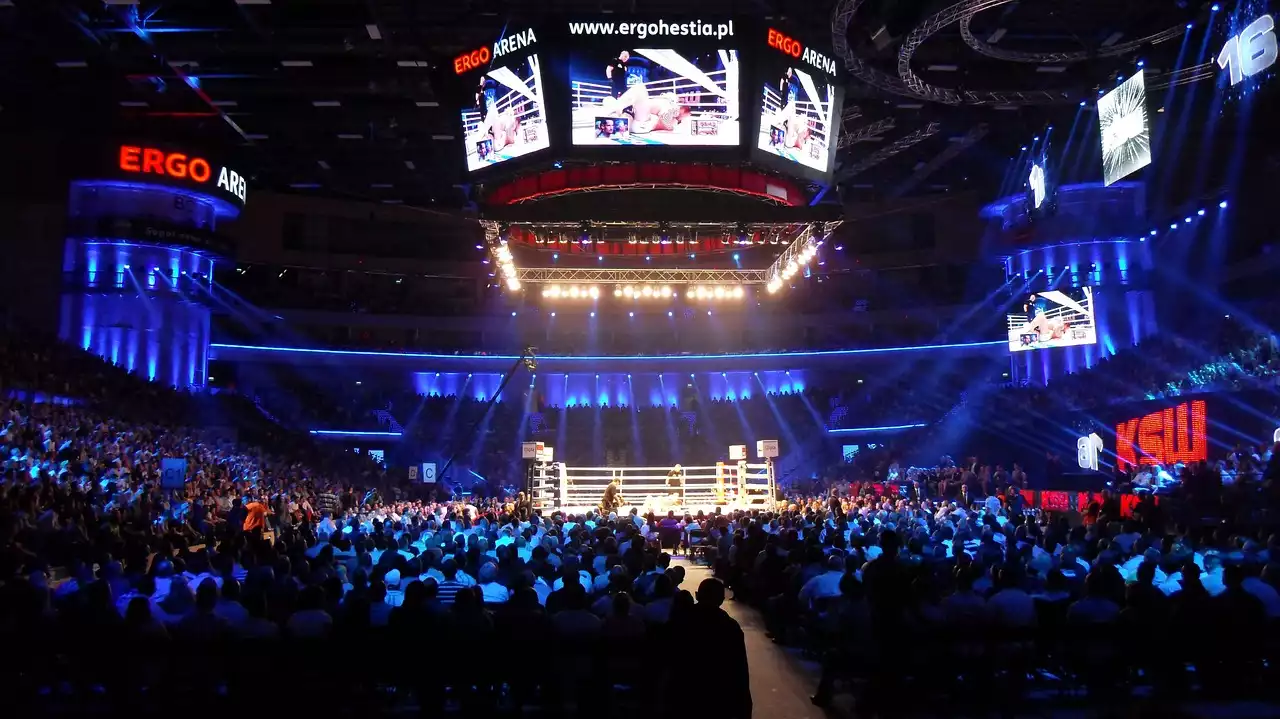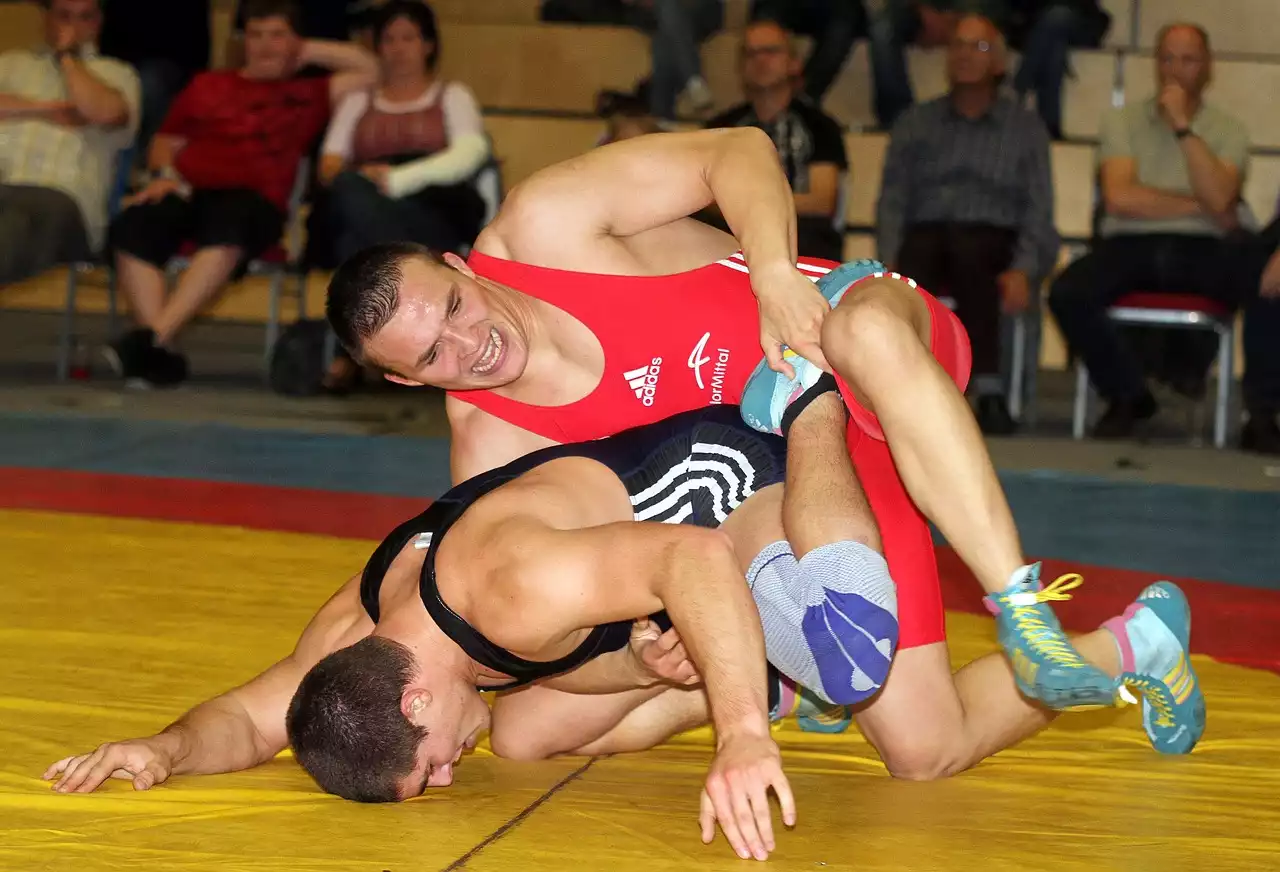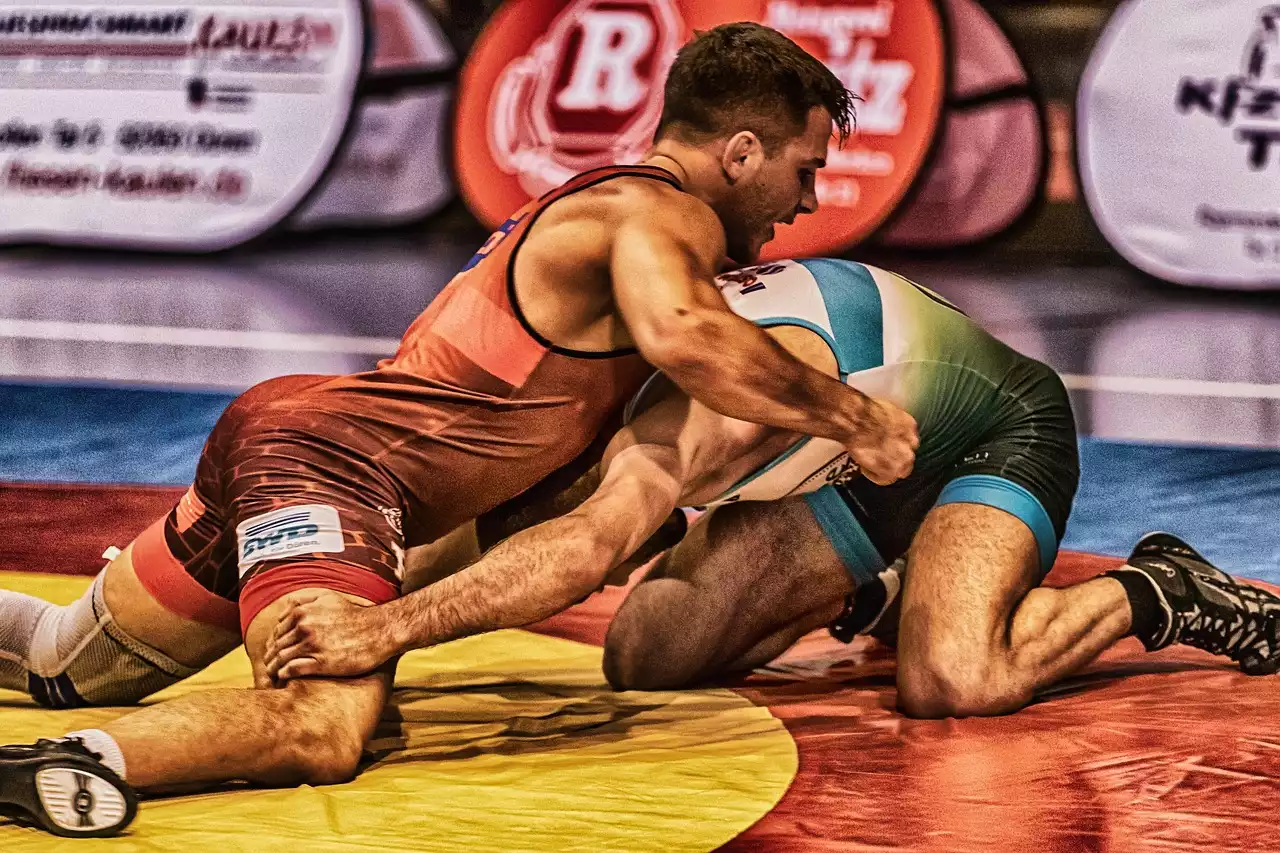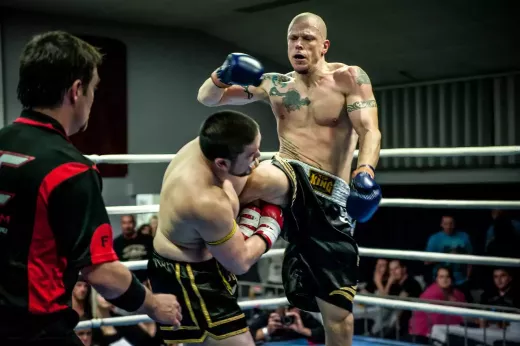The History of IWPs
Independent wrestling promotions have been around for almost as long as professional wrestling itself. In the early days of the sport, before the advent of television, wrestlers would travel from town to town, putting on shows in local arenas and gymnasiums. These shows were often organized by local promoters, who would book wrestlers and advertise the events in the local newspapers. Over time, some of these promoters began to form alliances with each other, creating loose networks of independent wrestling promotions. These networks often shared talent and helped to promote each other's shows.
In the 1980s and 1990s, the landscape of independent wrestling began to change. With the rise of cable television, national wrestling promotions like WWE and WCW began to dominate the industry. Many independent promotions struggled to compete with the production values and star power of these larger companies. However, a few independent promotions managed to thrive during this period, thanks in part to their unique styles and loyal fan bases. Promotions like ECW, CZW, and ROH developed reputations for showcasing innovative, high-energy matches that pushed the boundaries of what was possible in the ring.
Reasons for the Growth of IWPs
There are several factors that have contributed to the growth of independent wrestling promotions in recent years. One of the biggest is the democratization of media. With the rise of social media, it's easier than ever for independent promotions to connect with fans and promote their shows. Wrestlers can build their own brands and followings on platforms like Twitter and Instagram, allowing them to reach audiences outside of their local markets. Additionally, independent promotions can use services like YouTube and Twitch to livestream their events, further expanding their reach.
Another factor driving the growth of independent wrestling is the changing tastes of wrestling fans. While there will always be a market for larger-than-life characters and high-production values, many fans are now seeking out more authentic, stripped-down wrestling experiences. Independent promotions offer a chance to see wrestlers up close and personal, without the distancing effect of a television screen. Additionally, independent wrestling often features more diverse and innovative styles than mainstream wrestling, appealing to fans who are looking for something new and exciting.
The Role of Social Media in the Rise of IWPs
Social media has played an enormous role in the rise of independent wrestling promotions. Platforms like Twitter, Instagram, and Facebook have allowed wrestlers and promotions to build their brands and connect with fans like never before. Wrestlers can use social media to share their stories, promote their matches, and interact with their fans. Promotions can use social media to advertise their shows, showcase their talent, and build buzz around upcoming events.
One of the most powerful tools for independent wrestling promotions on social media is live streaming. Platforms like YouTube and Twitch allow promotions to broadcast their shows to fans all over the world, creating new revenue streams and expanding their reach. This has been especially important during the COVID-19 pandemic, which has forced many promotions to cancel live events. By livestreaming their shows, promotions have been able to continue to generate revenue and keep their fans engaged.
Popular IWPs and Their Unique Selling Points
There are countless independent wrestling promotions operating around the world today. Here are just a few of the most popular, along with their unique selling points:
All Elite Wrestling (AEW)
Founded in 2019 by a group of wrestlers and promoters, AEW has quickly become one of the most popular independent wrestling promotions in the world. The company's focus on athletic, high-energy matches and its willingness to push the boundaries of what's possible in the ring has earned it a passionate fan base. Additionally, AEW has made diversity and inclusivity a key part of its brand, featuring wrestlers from a wide range of backgrounds and identities.
Ring of Honor (ROH)
ROH has been a major player in the independent wrestling scene since it was founded in 2002. The company's emphasis on technical wrestling and its commitment to showcasing the best young talent in the industry has earned it a reputation as a breeding ground for future stars. Additionally, ROH has a strong relationship with New Japan Pro Wrestling, one of the largest wrestling promotions in Japan, allowing it to cross-promote with one of the most passionate wrestling fan bases in the world.
PROGRESS Wrestling
Based in the United Kingdom, PROGRESS Wrestling has become one of the most respected independent wrestling promotions in Europe. The company's emphasis on storytelling and character development has won it a dedicated fan base, as has its commitment to promoting diversity and inclusion in the industry. Additionally, PROGRESS has a reputation for booking some of the most exciting and innovative matches in the industry, featuring wrestlers from around the world.
The Business Model of IWPs
The business model of independent wrestling promotions is often very different from that of larger companies like WWE or AEW. Because they operate on a smaller scale, most independent promotions rely heavily on ticket sales and merchandise to generate revenue. Additionally, many independent promotions are run by wrestlers themselves or by small groups of promoters, meaning that overhead costs are often low.
However, this low overhead also means that independent promotions often have fewer resources to work with. They may not be able to afford high-end production values or to pay their talent as much as larger companies can. Additionally, because they operate on a smaller scale, independent promotions are often more vulnerable to fluctuations in the market. A few bad shows or a downturn in the economy can have a major impact on their bottom line.
Challenges Faced by IWPs
Despite their growing popularity, independent wrestling promotions still face a number of challenges. One of the biggest is the difficulty of breaking into the mainstream. While independent promotions have a passionate fan base, they often struggle to attract the attention of casual wrestling fans, who may be more interested in the glitz and glamour of larger companies.
Another challenge is the lack of regulation in the industry. Unlike larger companies, which are subject to strict labor laws and regulations, independent promotions are often able to operate outside of these rules. This can lead to dangerous working conditions for wrestlers, as well as issues with payment and exploitation.
How IWPs are Changing the Professional Wrestling Industry
Despite these challenges, independent wrestling promotions are having a major impact on the professional wrestling industry. They are pushing the boundaries of what's possible in the ring, showcasing diverse and innovative talent, and creating new opportunities for wrestlers and promoters alike. Additionally, they are helping to create a more vibrant and inclusive wrestling community, one that values authenticity and creativity over spectacle and glitz.
The Future of IWPs
The future of independent wrestling promotions looks bright. While they may never be able to rival the production values or the mainstream recognition of WWE or AEW, they have something that those companies can't replicate: authenticity. Independent wrestling promotions offer a chance to see wrestlers up close and personal, to experience the excitement and energy of live wrestling in a way that larger companies can't match. As long as there are fans who value that experience, independent wrestling will continue to thrive.










